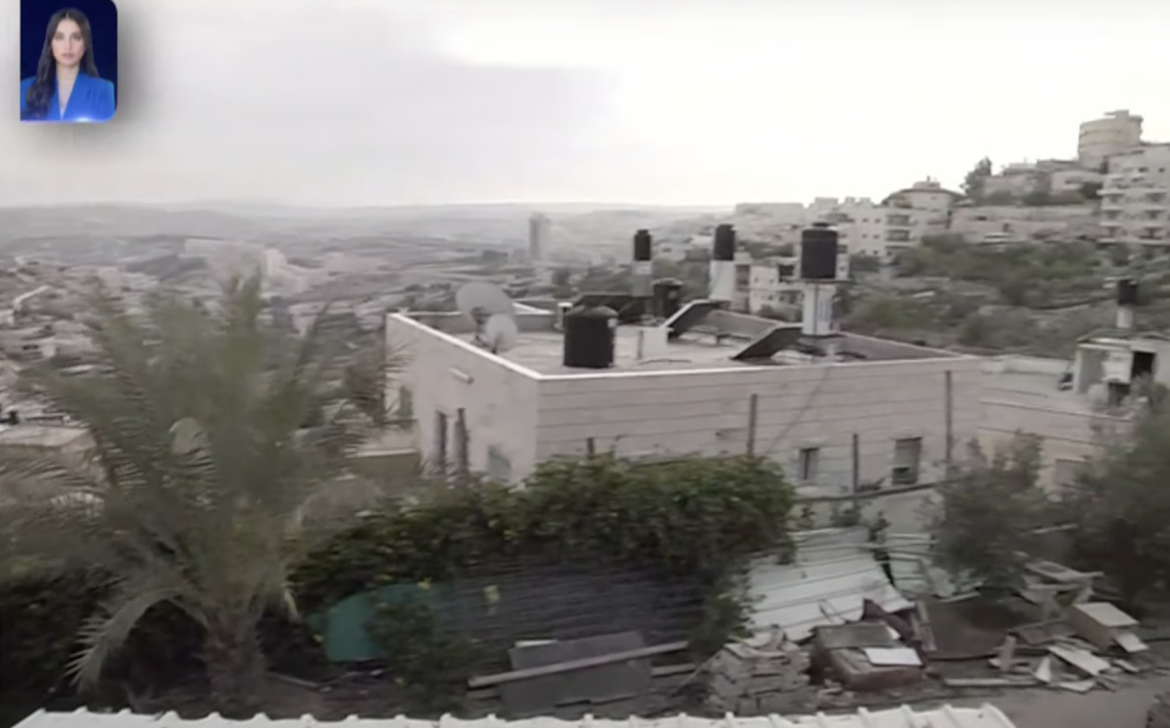Illegal Arab construction is rampant in parts of Judea and Samaria that are supposed to be under Israeli control.
After the formation of this government, Netanyahu tweeted:
“The situation in which Palestinians run amok with illegal construction in an attempt to establish facts on the ground – is over.”
Makor Rishon published on Jan 23, 2023 an article in Hebrew titled To stop illegal Palestinian construction, Netanyahu needs to change the policy, which read:
“In the past, a first source document was revealed detailing the priorities of the Civil Administration regarding the destruction of buildings in Judea and Samaria. The document is divided into two different lists of enforcement checks; One of “enforcement priorities in the Palestinian sector”, and the other of “enforcement priorities in the Israeli sector”. The priorities document was recently delivered to the Regavim movement by the Civil Administration, in response to a query it submitted on the subject, and in fact confirmed its suspicions of official discrimination on the matter.
“After receiving the document, the movement petitioned the High Court through attorney Boaz Arzi. “The fact that there is no synchronization of the lists into a single list results in selective and unequal enforcement,” asserts Attorney Arzi. “This allows the enforcement agencies to avoid upholding the planning and construction law in the Arab sector, while relying on the claim of ‘priorities’ that will be attributed to this lack of action.”
“According to the manager’s distinctions, the enforcement of the law regarding Jews in the case of buildings defined as a “danger to the security of the area, public peace or public order” or used as a hostel for such activity, is placed fourth in the order of priorities in the Israeli sector – but does not exist at all in the Arab sector. Moreover, “Israeli construction while encroaching on private land” is a high priority, while “Arab construction carried out while encroaching on private land” is at the bottom of the priority list.
“The document also shows that new illegal construction receives a high enforcement priority in the Israeli sector, but the enforcement priorities in the Arab sector do not refer to new construction at all.
“Another difference that exists between the parties is the nature of the illegal construction. Among Jews, it is often pergolas, tents and tin buildings, while for Palestinians, construction is the construction of large and significant permanent structures. As a result, a tin structure or pile of plywood that boys build on a hill in Samaria, is in fact – neither by mistake nor by fault – a more effective and faster response than the construction of a Palestinian school on land belonging to the Herodion Reserve in Gush Etzion.”
Then, on July 17, 2023, Haaretz published, Smotrich to Allow Israel to Demolish Palestinian Construction in A. B and C :
““We really hope that we will finish this work within a month, get it validated by the prime minister and bring it to the cabinet,” he said. Smotrich said that according to the plan, the state will declare activities by the Palestinian Authority as foreign hostile activity, with the goal also being to confiscate funds from the PA. The remarks were made in the context of a discussion regarding construction initiated by the PA.”
Actually there are two problems here
- demolishing the 80,000 illegally constructed units
- Stopping new illegal construction
I asked Naomi Kahn, Director of the International Division of Regavim, what is going on? She replied,
“You are asking the right questions: why isn’t the government using the legal and administrative tools at its disposal to protect our national interests and uphold the international treaty it signed? Why is it turning a blind eye to massive foreign interference in this matter, and allowing European funding to change the map of Judea and Samaria? Why has the government failed to act on its declaration that it would demolish illegal structures that pose a security risk – no matter where in Judea and Samaria they are located?
“These aren’t questions I can answer. They are the questions at the heart of Regavim’s legal and lobbying activities, the very questions that arise from the data we collect in the field and the analysis of the bigger picture of Israel’s rights and jurisdiction, sovereignty and security.”
If she can’t answer, who can?


